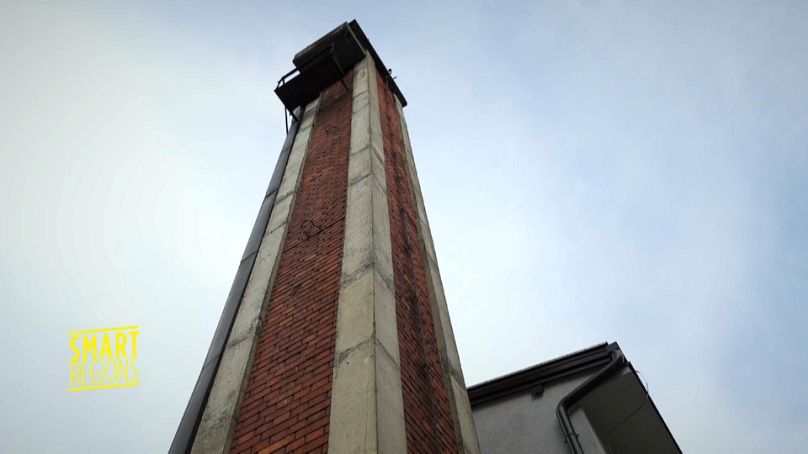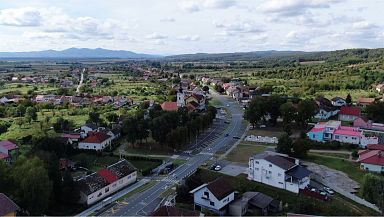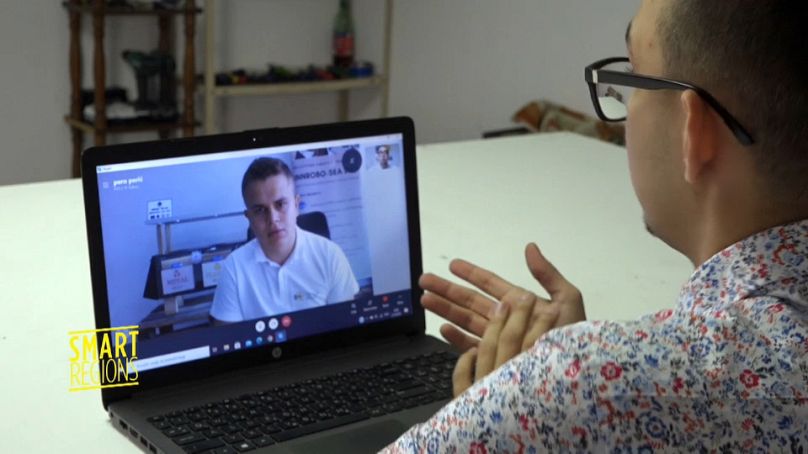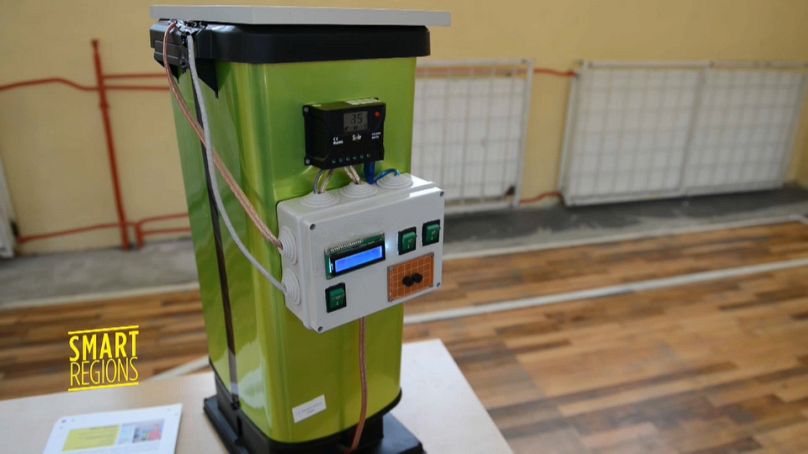In the former enemy nations of Bosnia-Herzogovina and Croatia, a new European cross-border project is promoting greener, cleaner schools and eco-friendly innovation - as well as better relations.
A 15-metre chimney towers above the Ivan Goran Kovačić Primary School in Gradačac, northeastern Bosnia-Herzegovina. It's a relic of the era when coal - a heavy pollutant - was the main source of energy in the region. Previously, the school alone consumed 120 tonnes of coal per year.
 ADVERTISEMENT
ADVERTISEMENT
 ADVERTISEMENT
ADVERTISEMENT
Now the school is one of the leading examples of the Smart Schools project, a cross-border scheme supported by the European Union's Cohesion Policy which aims to reduce pollution and promote renewable energies.
Dževad Udvinčić has completed his training as an Energy Manager for the project and is in charge of a new heating system based on wood pellets salvaged from biomass:
"By replacing the energy fuel type, we have reduced the pollution and created better conditions in class for the children."
This cross-border project involves both Croatia and Montenegro as well as Bosnia-Herzegovina.
A total of seven Bosnian and Croatian schools and colleges have renovated their buildings to make them more energy efficient.
Smart Schools' total budget is €1.6 million, 85% of which is financed by the European Cohesion Policy. The awareness-promoting initiative has reached 105 schools and 29,000 pupils.
An important part of the Smart Schools project has been the Youth Innovation Camp, a seven-day competition that brought together 19 young students and their projects.
Salko Užičanin, a Bosnian medical student in Tuzla and Roko Lukenda, a Croatian high school student met there and are still in touch today.
For Salko, the contest was a springboard: it enabled him to create his own solar panel company, Solheat.
"For me, the innovator project was an opportunity to show my own innovation and in doing so, establish the intellectual copyright."
Roko’s invention was a Smart Dustbin that lets rubbish collectors know when it is full. He is currently developing it further.
Energy efficiency has sometimes required the thermal redesign of buildings.
At the Sibinjskih žrtav Primary School in the Croatian town of Sibinj, the roof is brand new and the facade has also been been insulated and refurbished to optimise the new energy use.
Josip Šišmanović, the school's headmaster, emphasised other, less obvious outcomes of the project for the two nations that were once enemies:
"Perhaps this is an opportunity to re-establish some of the relationships broken in the past, and to take some brighter colours - maybe children's colours - in trying to rebuild for the future!"
The Smart Schools project is to continue until 2023, with more schools involved, more training for participants and more challenges on energy innovation for the students.















